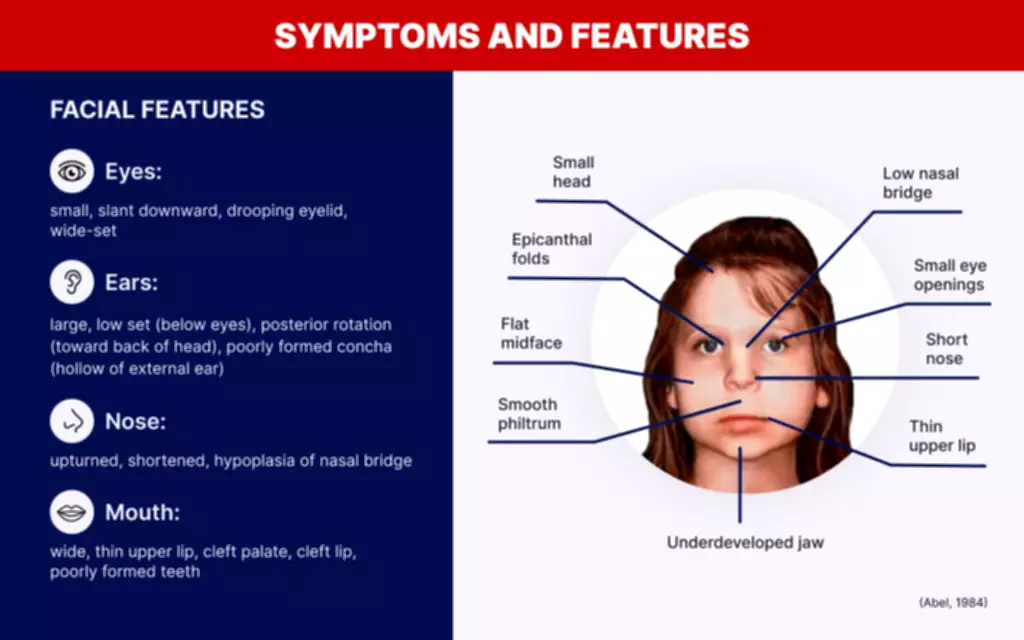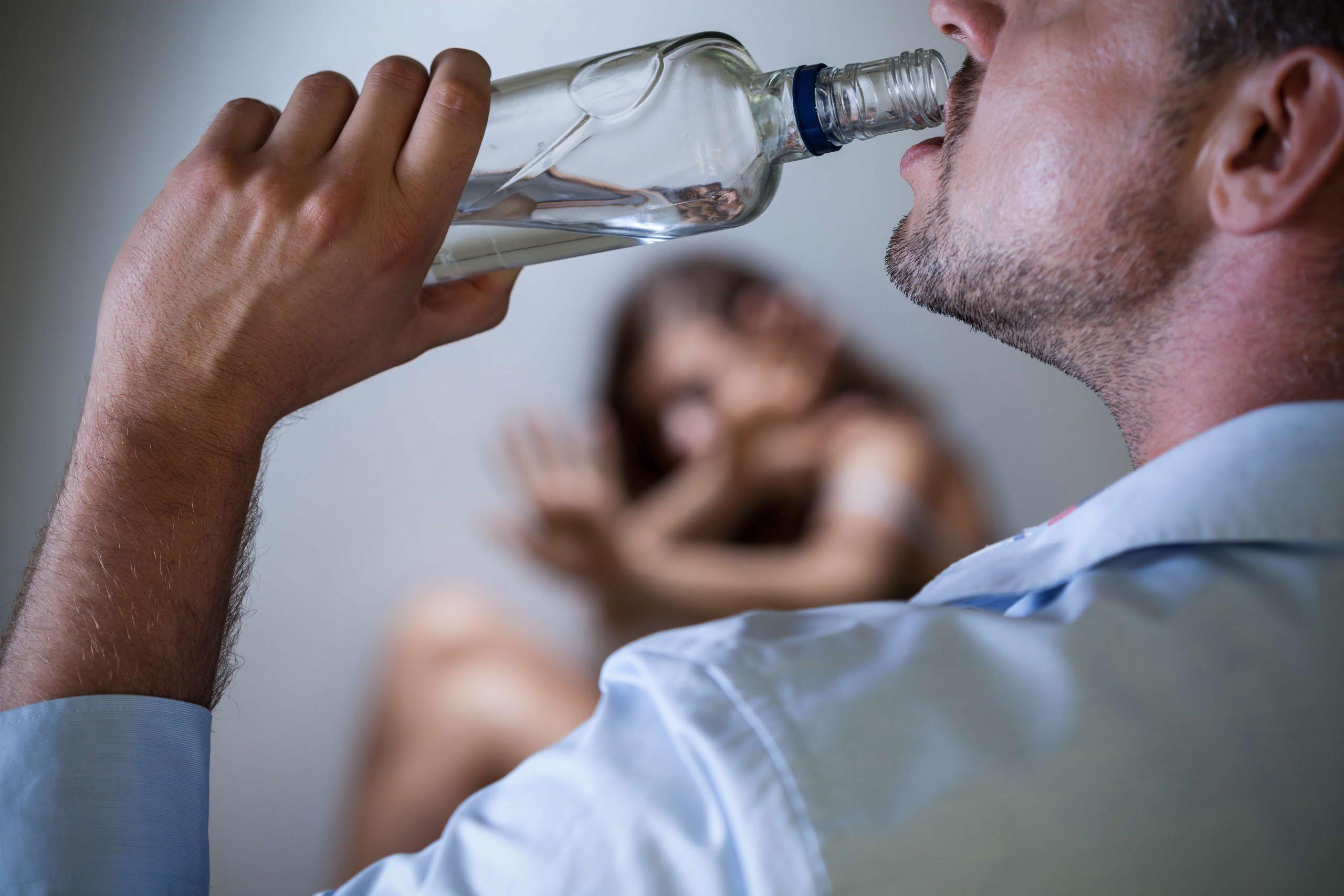All procedures were approved by the University at Buffalo Institutional Review Board. Learning more about how alcohol can affect your relationship is already an incredible step to be proud of. While alcohol can negatively impact your relationship, it’s important to remember that we are not our drinking habits. With time and support, relationships can heal and grow authentically without alcohol.
Alcohol and children
- And even if both parties drink together, they might only feel a sense of connection while the alcohol is involved.
- When alcohol has become a core part of our relationships, it can stand in the way of us taking action to change our own drinking habits, even when they aren’t making us happy.
- Relationships in which one or more partners are involved in excessive drinking are more likely to fall apart.
- To treat and overcome alcoholism, it’s essential to address not only your alcohol use but also the alcohol use of your partner.
- Unfortunately, binge drinking or drinking too often can negatively impact many areas of your life, including your personal and professional relationships.
People who have an addiction to alcohol continue to engage in compulsive behaviors despite negative consequences. Many of these negative consequences affect the individual’s health and well-being, but family, friends, and other loved ones are also often affected as well. There’s no shame in needing outside support to help you change your drinking habits. In fact, experts advise that the more resources you engage with, the more likely you are to achieve long-term success.
Relationship Problems That May Occur as a Result of Alcohol Misuse
On the other hand, you may use alcohol to try to manage the stress and challenging emotions that arise as a result of relationship troubles. Problem drinking and relationship troubles can have a reciprocal effect on each other. How much you drink, and your overall drinking habits, may be a source of conflict with some people in your life. You might try to drink more alcohol to get rid of these symptoms, but using alcohol to manage your mental health instead of getting help can lead to more problems. People with depression and anxiety might use alcohol to help ease symptoms, but excessive alcohol use can also worsen your mental health.
Increased Risk of Domestic Violence
While you might think it selfish to distance yourself from a friend or family member, it’s essential to look out for your own well-being before you can help someone else. One of the many complex aspects of alcohol use disorder is when codependency and alcohol misuse intersect. Alcohol codependency occurs when a person becomes reliant on someone and their alcohol misuse hinges on their partner’s behaviors. A partner of someone addicted to alcohol may believe they’re helping the other person by enabling the addiction to continue.
Tips for healthier drinking and happier relationships
When drinking becomes the focal point of every activity, alcohol addiction is a concern. If you’ve begun hiding how much and how frequently you drink from your partner, drinking has become a significant aspect of your relationship. If you feel the need to be dishonest about your drinking, you may want to ask yourself why. If you feel like alcohol has been affecting your relationships, consider reaching out for help so that you can be your best self for the people around you. If you’ve noticed that you’re only doing activities with your partner that involve alcohol, try to find other ways to spend time together without drinking.
Hiding your drinking from a loved one is a common sign that your habits have become unhealthy. One example of this is if you claim to be partaking in certain activities, like working overtime or meeting friends, instead of sharing that you stopped at the bar on the way home. Being dishonest with your partner can fuel a sense of distrust, and lead to other unhealthy habits in your relationship. Previously, reviews of alcohol interventions have focused exclusively on the individual or relationship level – in other words – an individual or couple treatment for alcohol dependency. This model suggests that interventions where alcohol is responsible for domestic violence needs to happen at a community level and the wider population and not just on a one-on-one or couple basis. When alcohol dependence eventually becomes one of the main reasons for fighting or arguing, the conflict leads to more substance use as a way of reducing tension, conflict about the substance use escalates; thus more drinking occurs, and so on.
People who have problems with alcohol are also more likely to self-harm and commit suicide. Taking an honest look at your relationship with alcohol is not easy, but for many of us, it is necessary. If unpacking all of this on your own is causing excess stress or anxiety, consider asking an expert for help. Utilizing these strategies and seeking proper treatment for AUD can improve the lives of all involved and lead to a stronger, healthier relationship in the future. Alcohol use disorder is a complex condition that can wreak havoc on relationships.
We created hourly versions of the variables by dividing each day into 24 1-hour segments. For example, a drinking episode was considered temporally precedent to an intimacy event occurring at 10 P.M. The 3-hour window was chosen to approximate the period of elevated blood alcohol concentrations following drinking initiation and to be consistent with prior studies (e.g., Aan Hen Rot et al., 2008; Testa & Derrick, 2014).
Alcohol’s ability to lower inhibitions and impair judgment are known to contribute to the possibility of a person cheating on their partner (4). All of these factors make it much more likely you’ll engage in activities that cause conflict within relationships. We all like to do our best for our children but sometimes we are not contingency plan examples too sure what that is. Keeping a distance will also prevent your loved one from influencing you to allow the addiction to continue or crossing boundaries. While shielding your partner from the truth may seem an innocent defense mechanism, it can eventually lead to consistent lies and more and more mistrust in the relationship.
When it comes to how alcohol affects relationships, you might notice more lying or deception from yourself or your spouse. For instance, someone with alcohol addiction might lie to their spouse about where they are (e.g., a bar or friend’s house) because it involves drinking. Or they might hide how much they were drinking, who they were hanging out with, or what they were doing the effects of prices on alcohol use and its consequences pmc in order to avoid a fight. Below, learn about the effects of alcohol on relationships, along with six signs that drinking might be impacting yours. Loved ones of people with alcohol use disorder may feel less empathy for them and become more frustrated with them as time passes. We get how challenging this can be, but it may help to learn about how alcohol affects the brain.
Fortunately, there are several ways to address or prevent alcohol problems in your relationship. Your ability to enjoy alcohol is ultimately predicated on how well you can do so responsibly. And it’s up to you and your partner to decide if and how alcohol can maintain a place in your relationship. The good news is that cutting back on your consumption offers far more benefits than the challenges it may present .
The 10-item Alcohol Use Disorders Identification Test (AUDIT; Saunders, Aasland, Babor, & Grant, 1993) was used to assess participant’s alcohol use in the past twelve months. The AUDIT examines one’s frequency of alcohol use, intensity, symptoms that are characteristic of alcohol tolerance and dependence, and negative consequences that are related to alcohol use (e.g., injuries). Participants in the current study were categorized as hazardous (score above 8) or nonhazardous (score below 8) drinkers, following the recommendations of previous research utilizing this measure (Reinert and Allen, 2002). If one or both partners in a relationship struggle with an alcohol use disorder (AUD), it can have detrimental impacts on the relationship and lead to many negative outcomes, such as a lack of intimacy and an increase in infidelity and domestic violence.
Your provider can prescribe medications that can help people stop drinking and help with symptoms of alcohol withdrawal. They can also recommend treatment programs that may help with detox and recovery. It can often be helpful for family members to learn more about alcohol use disorders and explore ways to improve their responses lsd overdose during interactions with someone who has a drinking problem. This may mean setting ground rules and joining a support group such as Al-Anon, designed specifically to meet the needs of families of people with alcohol use issues. Below, we offer seven signs that may indicate you and/or your partner’s drinking has become unhealthy.



